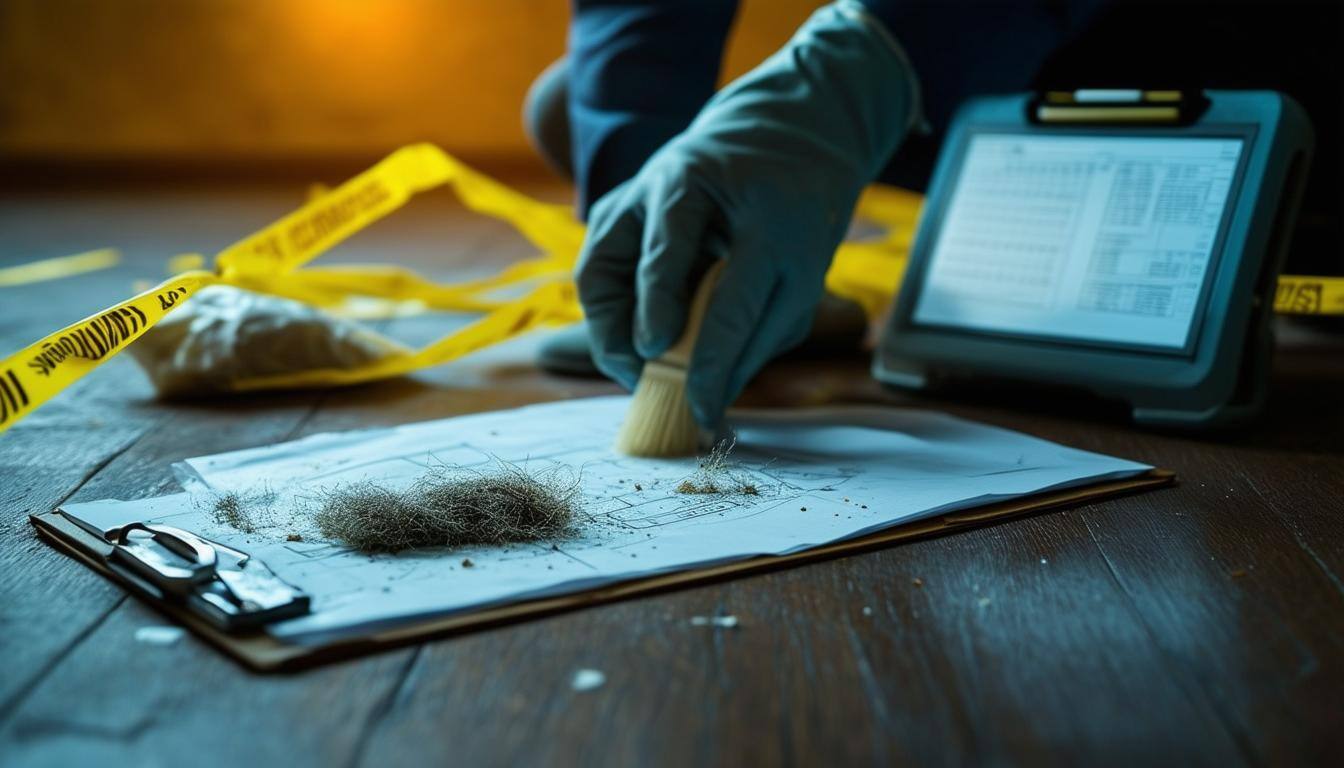Evidence collection is the foundation upon which cases are built in the space of law enforcement and criminal investigations. The integrity, accuracy, and legal compliance of evidence-collection processes determine not only the success of prosecutions but also the protection of individual rights. This blog explores the importance of evidence collection and its alignment with legal frameworks to ensure justice.
The Importance of Evidence Collection
Evidence forms the backbone of criminal investigations, providing the factual basis for proving or disproving allegations in court. Effective evidence collection involves:
- Recognising and Preserving Evidence: Investigators must identify all potential evidence at a crime scene, from physical objects like fingerprints and fibres to digital records such as Internet Protocol Detail Records (IPDR). Proper preservation ensures that evidence remains uncontaminated and admissible in court.
- Accuracy and Documentation: High-quality evidence collection requires meticulous documentation. This includes recording how evidence was discovered, handled, and stored to maintain its chain of custody. Accurate documentation bolsters the credibility of evidence during trials.
- Corroboration: Evidence must be corroborated with other findings to build a compelling case. For instance, digital metadata from IPDR can be paired with physical evidence or witness testimony to establish a suspect’s involvement in a crime.
Legal Compliance in Evidence Collection
Adhering to legal frameworks is essential to ensure that evidence is admissible and collected ethically. Key principles include:
- Following Due Process: Investigators must comply with constitutional safeguards and statutory provisions while collecting evidence. For example, in India, Sections 91 and 92 of the Criminal Procedure Code empower courts or police officers to summon documents like IPDRs, provided this is done lawfully.
- Respecting Privacy Rights: Evidence collection must balance investigative needs with individual privacy rights. For digital records like IPDR, agencies are required to follow strict protocols under laws such as Section 69(1) of the Information Technology Act, which governs lawful interception and data access.
- Maintaining Chain of Custody: The chain of custody ensures that evidence remains untampered from collection to presentation in court. Any breach in this process can render evidence inadmissible.
- Admissibility Standards: Digital records like IPDR are treated as documentary evidence under Section 3 of the Indian Evidence Act. However, they must be authenticated and corroborated with other independent evidence to hold probative value.
Challenges and Solutions
While modern tools like IPDR enhance investigative capabilities, challenges such as data interpretation, privacy concerns, and adherence to legal procedures persist. To address these challenges:
- Agencies must invest in training personnel on advanced forensic techniques.
- Comprehensive policies should guide investigators on ethical and legal compliance.
- Collaboration between law enforcement and service providers is crucial for timely access to data.
Conclusion
Evidence collection is both an art and a science that requires precision, diligence, and adherence to legal standards. By combining robust investigative practices with strict compliance frameworks, law enforcement agencies can ensure that justice is served while upholding individual rights. As technology advances, staying updated on legal mandates and ethical practices will remain critical for effective policing.
